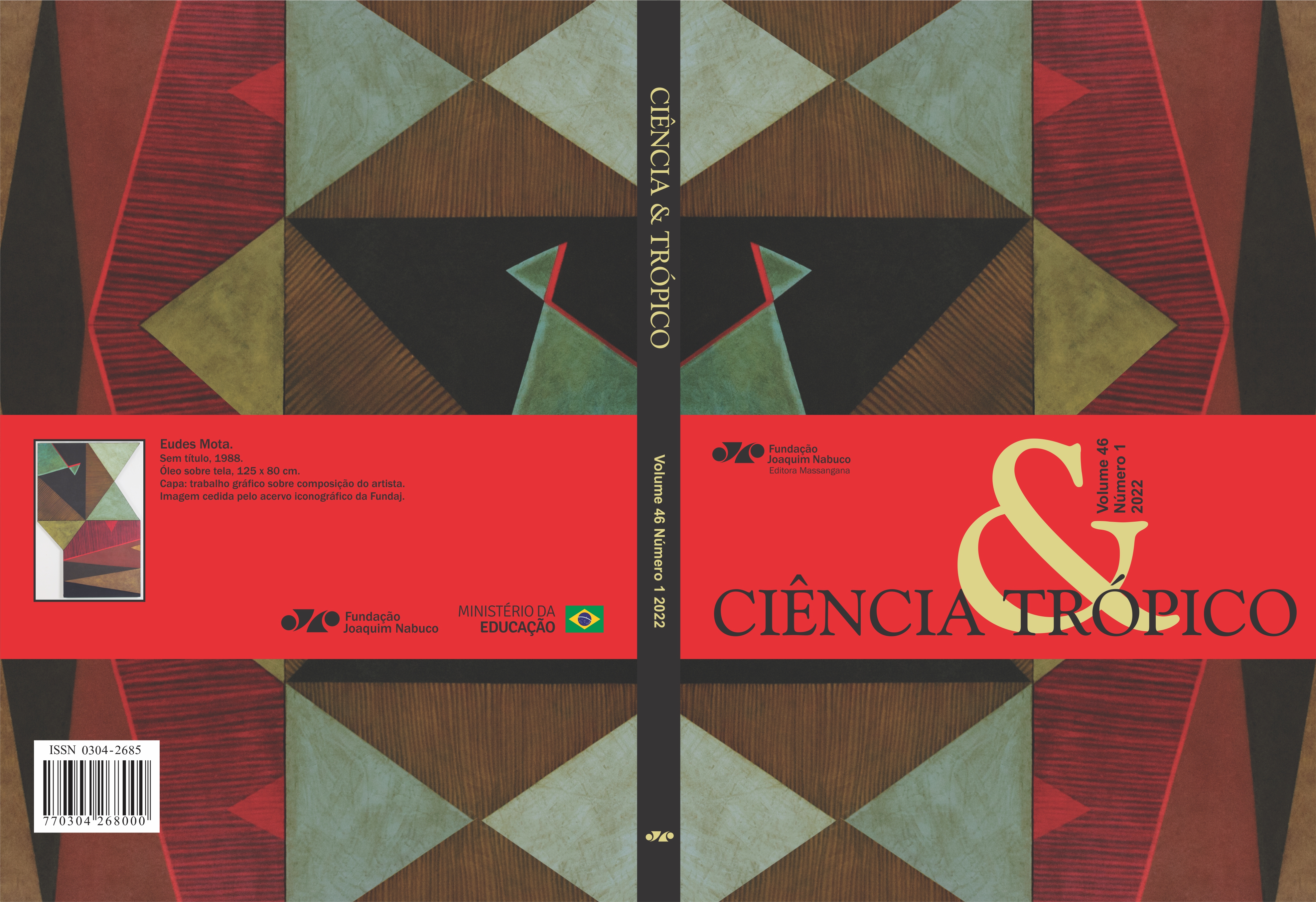Knowledge “with” or “about” others?
The horizontalization of inter-epistemic knowledge in anthropological research and ethnographic writing
DOI:
https://doi.org/10.33148/cetropicov46n1(2022)art4Abstract
This article, influenced by thinkers of the alleged “ontological turn” in anthropology”, presents a theoretical-methodological model constituted both from horizontal relationships in ethnographic theory and in the anthropological scientific field. When analyzing the specialized literature about the relationship between social actors and researchers, “textualists” assert that the writings are made only by them - even when using the names of the natives, they are only confirming the analysts' illustrations; In contrast, the “post-socials” believe that there are other ways of ethnographic textualization, besides the logic of co-authors as monological co-editors (as a “dialética do crítico-literário”, a term by Viveiro de Castro translated as “critical-literary dialectic”), breaking the connection of uneven exchange. Putting these perspectives in contrast, how to make ethnographic and anthropological methods results in a constructive negotiation, composed by allocutions that are not only dialogically in the discourse, but also in the research products? In this paper, we present the issues produced about these power relations that historically characterize the anthropological study and the ethnographic construction between different agents.
Keywords: Ontological Turn. Collaborative Anthropology. Ethnographic Theory. Anthropological research.
Downloads
Downloads
Published
How to Cite
Issue
Section
License
Copyright (c) 2022 Gilvanildo Ferreira

This work is licensed under a Creative Commons Attribution 4.0 International License.


